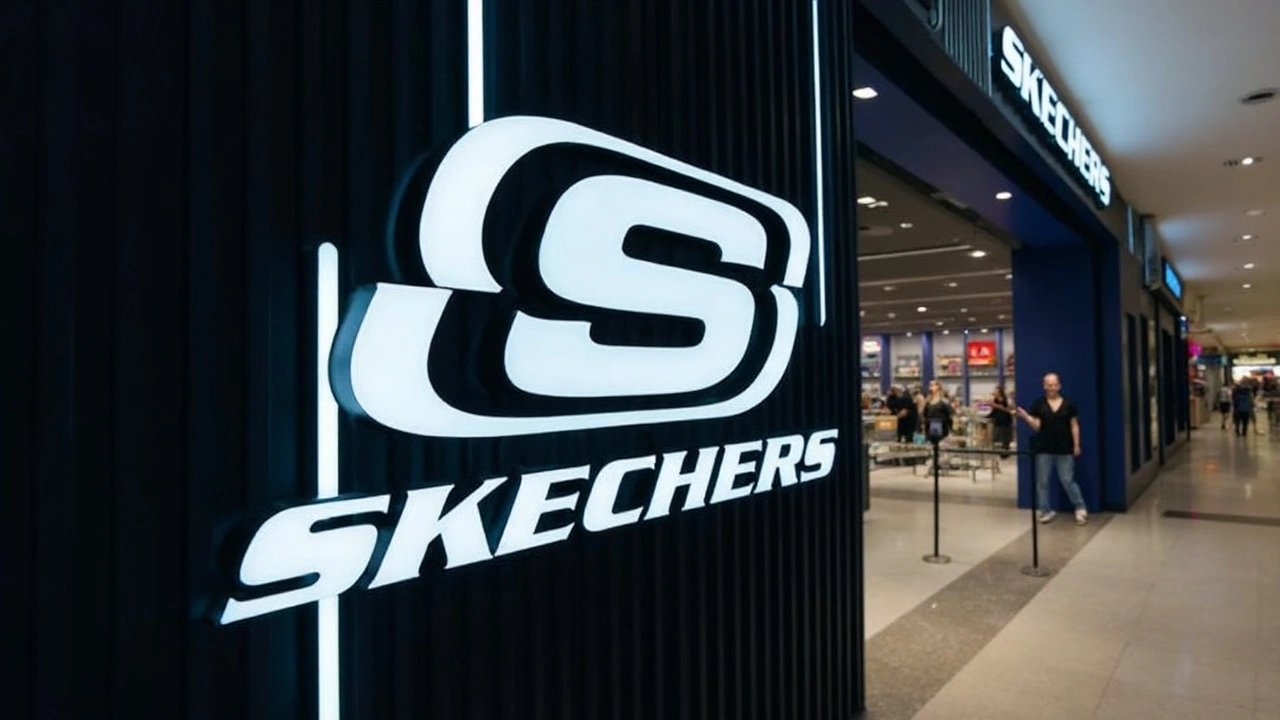Tariff uncertainty: what it means for African businesses and consumers
Tariff uncertainty can flip a good plan into a costly surprise. When governments suddenly change import duties or threaten new tariffs, businesses face higher costs, delayed shipments and sudden price swings. Consumers feel it in higher grocery bills and pricier electronics. For countries across Africa that rely on imports or export raw goods, the effect is immediate and practical — not theoretical.
How tariff uncertainty hits your bottom line
First, costs rise. A last-minute duty increase raises landed cost for importers, who then pass that on to retailers and consumers. Second, supply chains break. Importers pause orders while they wait for clarity, leaving factories without parts and shops with empty shelves. Third, contracts get messy. Fixed-price deals suddenly become loss-making, and companies scramble to renegotiate or accept penalties.
Investment slows down too. When future trade rules look unstable, investors put projects on hold. That means fewer new factories, slower job growth and delayed infrastructure. Small businesses suffer most — they lack the cash or borrowing power to absorb surprise duties or long delays. Farmers and exporters can lose market access overnight if importing countries add protection for local producers.
Practical steps to manage tariff risk
There are concrete moves businesses can make. Monitor policy — set alerts from trade ministries, customs authorities and reliable news sources. Diversify suppliers and markets so a tariff in one country doesn’t stop your whole operation. Use flexible contracts with price review clauses tied to tariff changes, fuel costs or exchange rates.
Work with customs brokers and freight forwarders who know HS codes and tariff classifications — correct classification can reduce unexpected duties. Build a short buffer of critical inventory for parts that are hard to replace quickly. Consider trade finance and insurance options that cover political and trade risks. For exporters, use trade agreements and origin rules to lower duties when possible.
Engage with industry groups and chambers of commerce. Collective lobbying can influence policymaking and give you advance notice of proposed tariff changes. If you’re a small operator, lean on local associations for shared services like group shipping or consolidated customs paperwork to lower per-unit costs.
Where to get timely updates? Follow official customs notices, trade ministry bulletins and reputable regional news like Daily Africa Global News' tariff uncertainty tag. Use tariff-tracking tools and keep a trusted trade lawyer or advisor on speed dial when big moves are proposed.
Tariff uncertainty is manageable if you act early and stay informed. Small changes today — diversifying suppliers, updating contracts and leaning on experts — can protect margins and keep shelves stocked tomorrow. Want quick updates? Keep this tag bookmarked and check back for the latest policy moves and practical advice for businesses across Africa.

Skechers to Go Private: 3G Capital's $9.4 Billion Acquisition Shakes Up Footwear Industry
Skechers will go private after 26 years as a public company, thanks to a $9.4 billion buyout from 3G Capital. The deal, valued at $63 per share, keeps CEO Robert Greenberg in charge. Despite trade and tariff worries, Skechers remains strong internationally and just reported record Q1 2025 sales.